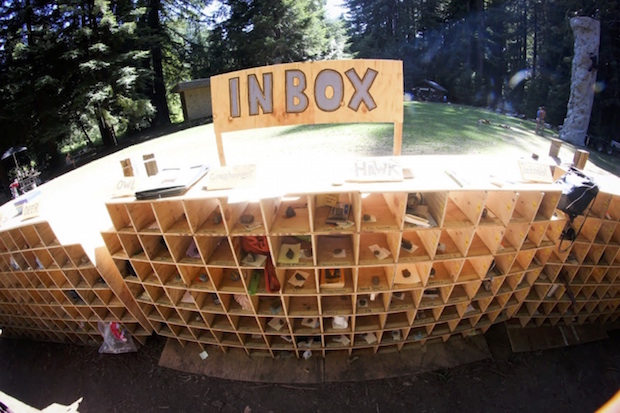Tag: ethnography
All topics
-

Exploring the world of digital detoxing
Advocates of “digital detoxing” view digital communication as eroding our ability to concentrate, to empathise,…
All topics

Advocates of “digital detoxing” view digital communication as eroding our ability to concentrate, to empathise,…